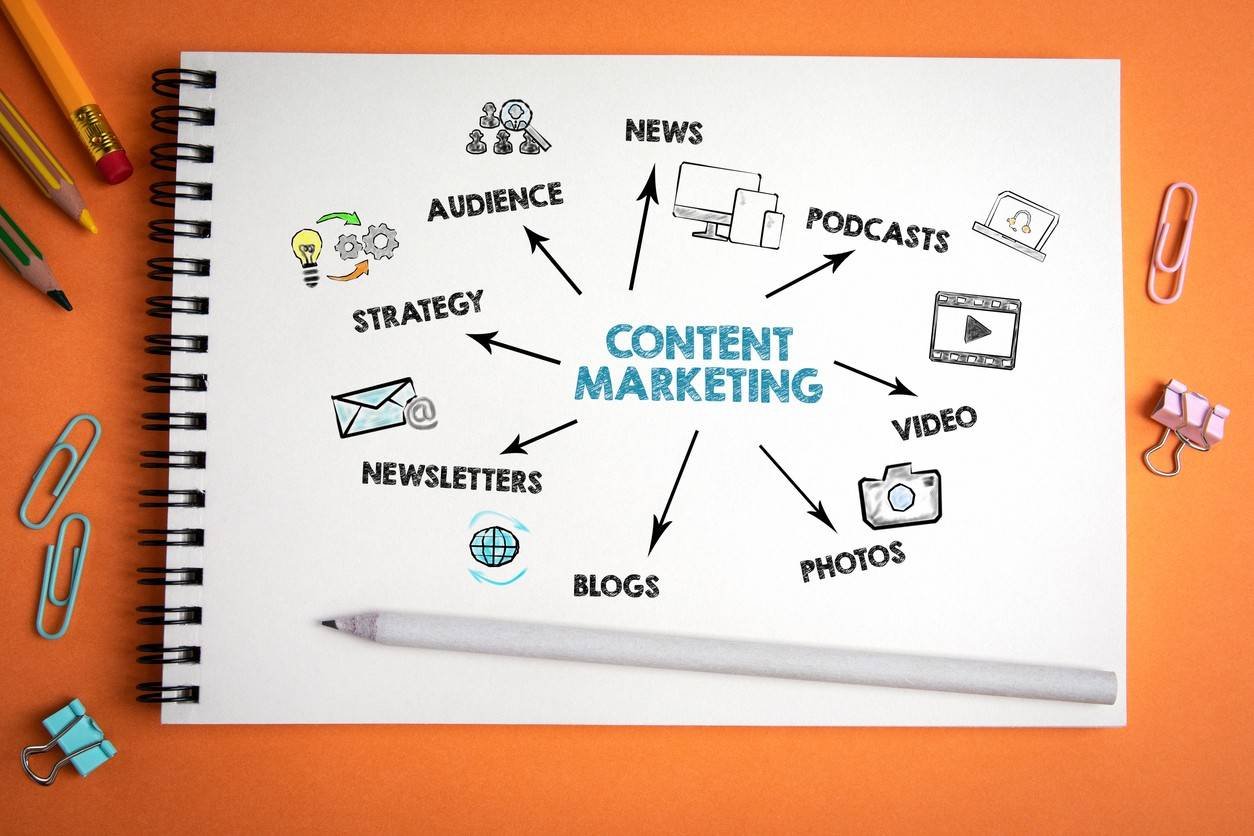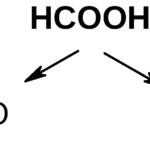In the fast-paced digital world, today’s campaigns are won by personalized marketing. The consumer expects an experience that speaks directly to their preference, need, or behavior. Thus, content personalization has emerged as an integral component of modern marketing strategies. It has been possible to deliver experiences that are personalized at scale with the help of AI. Machine learning algorithms aid in the analysis of huge data sets, helping AI marketers create personalized content for every individual consumer.
AI Content Generation
AI tools have altered content creation because it’s not only faster but smarter, more relevant, and custom-made for specific audiences. With AI-powered content platforms, you can develop tailor-made blog posts, social media updates, email newsletters, and much more all based on data-driven insights. Platforms can measure user behavior, demographic data, and engagement metrics to create the most likely appealing content.
Such can be the case with artificial intelligence tools, which enable analysis of user search patterns to predict what kind of content will attract higher engagement. This data can further help in generating new articles optimizing headlines and tailoring messaging that feels highly personalized. With AI, this shall help content creators move out of generic messaging and make their way to content that will speak directly to the interests of the consumer, giving a higher chance of converting.
Customizing Content by AI-Powered Analytics
AI is excellent at analyzing user data for the delivery of valuable insights. This is a game-changer in terms of content personalization. It can take data points such as browsing behavior, past interactions, location, and even time of day to recommend what kind of content a user would be most likely to engage with. This kind of real-time analysis will enable marketers to deliver experiences at scale.
With predictive analytics, AI can go one step further. It can predict what users would be interested in based on previous behavior, which allows content to be created that would meet future needs. For example, if a user continually reads blog posts on “digital marketing trends,” AI can suggest related topics, thereby increasing the probability that the user will continue reading. It will result in a dynamic content strategy that not only attracts but retains users by delivering exactly what they are seeking.
Video Content and AI Technologies Improvement
Video content, one of the most engaging forms of digital communication available today, is vitally assisted by AI technologies. AI can track viewers’ preferences, customize video scripts, and even modify the voice-over to match the audience’s language and tone. One technology being developed is AI voice cloning. It replicates a human voice so precisely that marketers can make video voice-overs sound like real people. It is particularly useful in the generation of multilingual content, thereby bringing global campaigns within the reach and appeal of diverse audiences. Brands can therefore rest assured of consistency across languages yet maintain the unique tonality that resonates with each region by using AI voice cloning.
AI-Driven Influencer Marketing
From this past couple of years onwards, influencer marketing rapidly developed because AI began making it even easier and perfect for finding, collaborating, and assessment between influencers, to marketers. AI applications allowed for a review and insight into profiles and engagement and their percentage rates as well, through demographics among followers – choosing influencers whose target fits or closely represents the audience one wishes for their brands.
In an influencer, AI helps tailor the content of the influencer himself or herself, ensuring both the style of the influencer and the message to be transmitted by the brand. For instance, AI may suggest content that can best be used given trendy topics, user engagement, and objectives of the campaigns. The use of AI has been proven to be necessary when it comes to AI influencer marketing. Furthermore, AI could monitor the campaigns in real-time, and give insights for marketers to shift strategies or content to influence the audiences better.
AI for Dynamic Content Customization
Dynamic content customization is an alteration of content elements by the behavior and preferences of the users. AI makes it possible to analyze the user’s interactions and modify the content on the fly. An example of this would be an email marketing campaign modifying subject lines, images, or calls to action automatically through AI depending on past interactions with the recipient. Not only does this increase engagement but also ensures interest from the user as the content itself continues to remain relevant throughout the campaign.
Similarly, websites can also change page layouts, featured products, and suggested articles using AI based on the data of users. It will create a unique experience of browsing for each user that leads to longer site visits and higher conversion rates.
AI Chatbots for Real-time Personalization
Another effective way of personalizing content marketing strategies is AI-powered chatbots. Intelligent bots can engage the user in real-time with answers to questions, products that are recommended, or guide the user through a website based on behavior. In contrast to the pre-set response of traditional chatbots, AI-driven bots learn from interactions and, hence improve responses over time, making them more human-like.
Using user information, AI chatbots will personalize future interactions. For example, if a chatbot learns that a particular user asks for specific products quite often, it may initiate conversations with personalized recommendations. This way, information is provided to the user in the shortest time possible, thereby improving the general customer experience.
AI-powered email marketing personalization
Email marketing is one of the most important content marketing strategies, and AI has further made it better by making it personalized. AI enables the segmentation of audiences according to detailed criteria such as purchasing behavior, content preference, and engagement patterns. Segmentation allows for email campaigns that are highly targeted for specific user needs.
With AI-powered tools, marketers can create custom subject lines, send behavioral-optimized emails, and even customize the content itself—whether it is a product recommendation or a suggestion for blogs. This can result in higher open rates, better engagement, and higher conversion.
AI for Predictive Personalization in Content Marketing
Predictive personalization is the other area where AI has gained great strides. The integration of AI algorithms in analyzing data can predict the subsequent course of action for a user, allowing marketers to present content that matches up with the expected needs of the user. For instance, if the user keeps showing interest in a certain product category, AI could suggest related content or even products, creating smoother and more personalized browsing for the user.
This predictive method is not only limited to delivering content but also extends towards ad targeting. Using AI to predict what users will next be interested in, helps marketers to create really effective ad campaigns that are relevant to the user’s expectation, thereby getting better click-through rates and conversions.
Conclusion
AI is changing the face of content marketing strategy by providing tools for creating personalized, data-driven, and dynamic content. Some of the ways AI can help marketers reach users more effectively than ever include AI voice cloning, influencer collaboration, dynamic customization, and predictive analytics. The role of AI in personalizing content marketing strategies will only become stronger as it continues to evolve, providing more complex meaningful, and impactful content.
What makes AI crucial for marketers in delivering user-centric campaigns that pull in viewers from all parts of the world is the capability to understand the behavior of users and respond in real time. Consumer expectations about the content will be at a higher level, but that is well possible when AI is in play in terms of generating stronger engagement with ROI for marketing campaigns.












